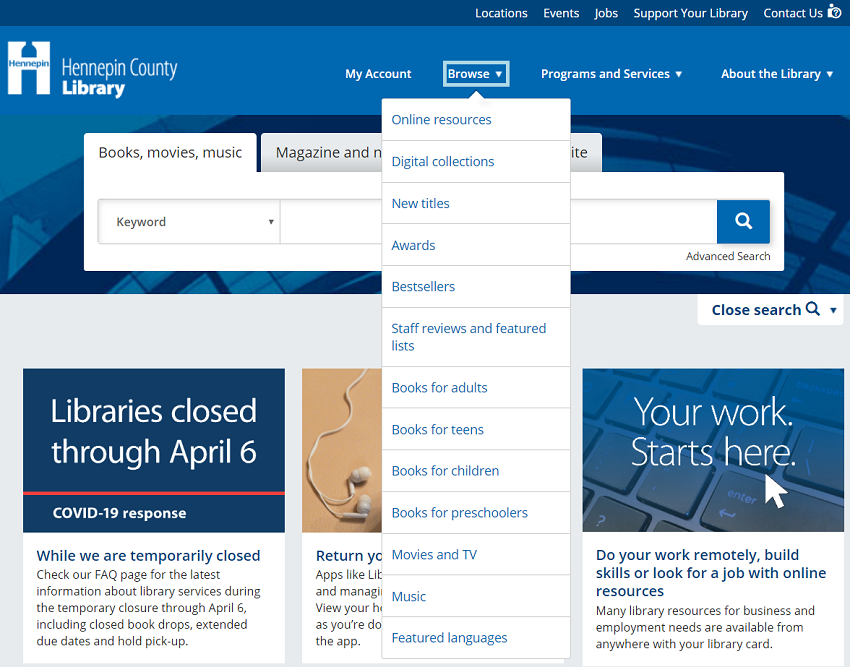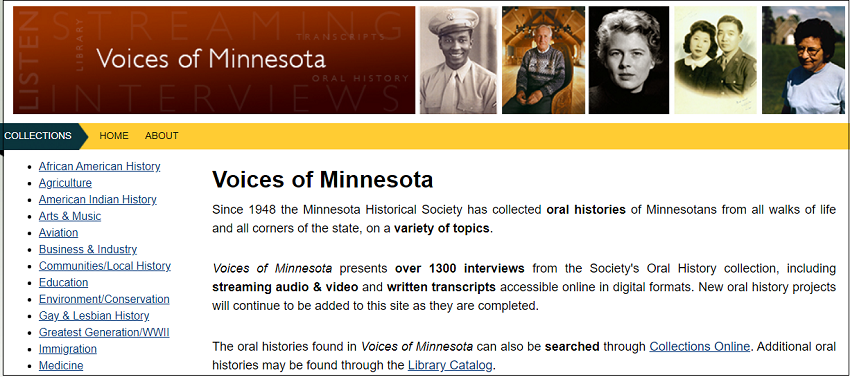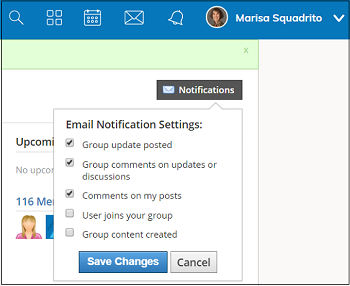- MN ABE Connect
- Archive
- Teaching ACES/TIF in the Time of COVID
 March 23, 2020
March 23, 2020
Teaching ACES/TIF in the Time of COVID
Stephanie Sommers, ACES Coordinator I think it’s safe to say that we are all navigating some uncharted waters at the moment. In a very short amount of time, we are having to learn how to work from home, how to homeschool our children, and how to entertain ourselves when we are forced to stay in. At the same time, we are being constantly barraged by information:
I think it’s safe to say that we are all navigating some uncharted waters at the moment. In a very short amount of time, we are having to learn how to work from home, how to homeschool our children, and how to entertain ourselves when we are forced to stay in. At the same time, we are being constantly barraged by information:
- information about the COVID-19 virus and how to stay healthy
- information from state and federal officials about what businesses are open, what to do if you suddenly find yourself out of work, and what support is being offered
- information from schools about what children are expected to do from home and how to access food and other localized support
- information from every corner of the Internet about how various organizations and businesses are responding to the crisis
It’s a lot. But the COVID-19 outbreak also presents an unprecedented opportunity to help our students develop TIF skills as they try to understand everything that is going on. While many of us work from home over the next few weeks, here are a few of the ways that we can help our learners practice TIF skills.
Learning Strategies
I’m sure that we are all receiving an unprecedented number of e-mails recently. I see these as a great way to provide authentic practice with reading informational texts and using learning strategies to improve comprehension. This can be done by taking a screenshot of the e-mail, pasting it into a document or Schoology page, and creating a few questions. The example that I created as a supplement to this article took me about 10 minutes to complete (see Sample TIF/COVID Lesson 1). The same thing can be done by taking a screenshot of a portion of a website and creating questions. This is what I did to create Sample TIF/COVID Lesson 2 about unemployment benefits.
Navigating Systems
With so many places being closed, it’s a great time to help our students connect with familiar institutions that are making their content or services available in different formats. Hennepin County Libraries (hclib.org), for example, have a large number of resources that can be accessed from home. Library patrons can borrow eBooks, download audiobooks, and stream music, for example, from their Online Resources page (found under the Browse menu at the top of the page).

For those students who do not have a library card, you can apply online (https://apps2.hclib.org/libcard/Applicants/Resident) and the card will arrive by mail. What a great learning opportunity for those who have Internet access!
The Minnesota Historical Society is another organization that has a wealth of free online content. The Voices of Minnesota collection (collections.mnhs.org/voicesofmn), part of Oral Histories, contains over 1300 interviews with written transcripts. The interviews are categorized by topics, including African American History, Gay and Lesbian History, Immigration, Personal and Family History, and Women’s History.

I clicked on African American History and found the Rondo Oral History Project. With another click, I was taken to a page with thumbnail images of all the different people who have shared their stories. The interviews total over 38 hours, and this is just one part of one of the collections from the total project.
I can imagine so many different ways to use a resource like this. Perhaps students could choose a few interviews to listen to, and then use them as a model for sharing some of their own stories. You could also use the oral histories to create almost unlimited listening practice activities.
Self-Management
Social and emotional learning (SEL) is always important, but it becomes even more critical when individuals and families are faced with extreme stress. SEL is all about helping people of all ages recognize and manage their emotions, set and achieve positive goals, establish and maintain positive relationships, and make responsible decisions.
The Collaborative for Academic, Social, and Emotional Learning (CASEL – casel.org) has put together a collection of resources to help provide support during the COVID-19 outbreak (casel.org/covid-resources). There are resources for coping with stress and anxiety, which include a link to an article from Scientific American about how to prevent loneliness in a time of social distancing, as well as links to resources to help people recognize and respond to the signs of stress.
COVID-19 & Distance Education Resource Hub
To access more ideas and support during COVID-19, join the new COVID-19 & Distance Education Resource Hub on Schoology. It is a newly established group that can be joined by following the instructions below.
How to Join the Schoology Group
If you already have a Schoology account:
- Log into your account
- Click on the “Groups” tab at the top of the page
- Click “My Groups” on the upper right side
- Click on “Join Group”
- Enter the access code 4PQM-9XNK-FRF7X
If you do not have a Schoology account:
- Go to https://www.schoology.com/
- Scroll to SIGN UP at the top right and sign up as an Instructor
- Once you’ve registered, click on the “Groups” tab
- Click “My Groups”
- Click on “Join Group”
- Enter the access code 4PQM-9XNK-FRF7X
Important Follow-up Below:
 Once you have joined
Once you have joined
- Click on Notifications in the upper right corner
- Set your email notifications by checking the appropriate boxes to make sure you find out when updates to the group are posted and when people comment on your posts
- Browse the Discussions tab for facilitated discussions, as well as Updates and Resources
- Post new comments, questions, or information to the above
Newsletter Signup
Get MN ABE Connect—the official source for ABE events, activities, and resources!
Sign UpArticle Categories
- ABE Foundations/Staff Onboarding
- ACES/Transitions
- Adult Career Pathways
- Assessment
- CCR Standards
- Citizenship
- COVID-19
- Cultural Competency
- Digital Literacy/Northstar
- Disabilities
- Distance Learning/Education
- ELA
- Equity/Inclusion
- ESL
- HSE/Adult Diploma
- Listening
- Math/Numeracy
- Mental Health
- Minnesota ABE
- One-Room Schoolhouse/Multilevel
- Professional Development
- Program Management
- Reading
- Remote Instruction
- Science
- Social Studies
- Speaking/Conversation
- Support Services
- Teaching Strategies
- Technology
- Uncategorized
- Volunteers/Tutors
- Writing